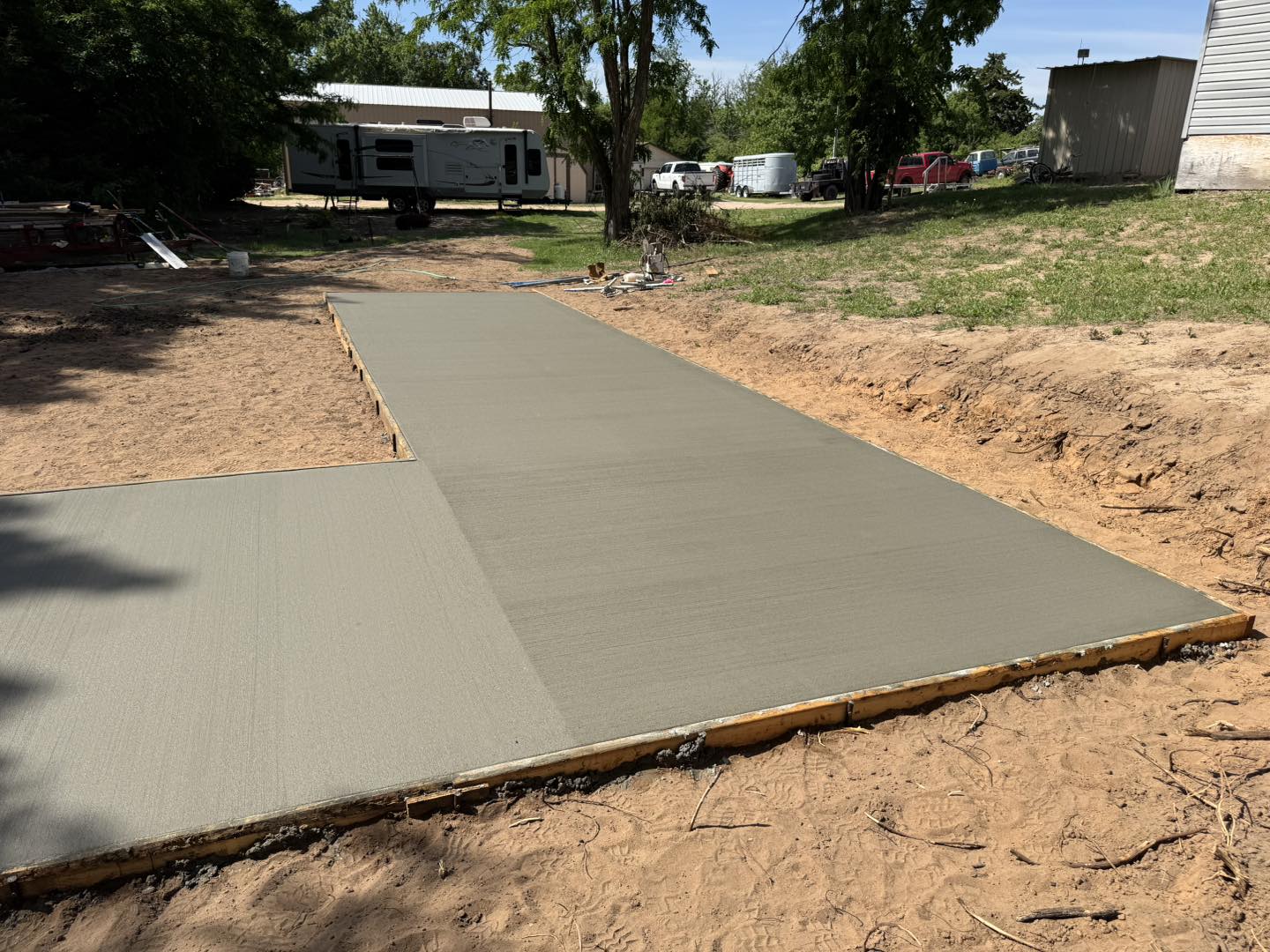
Sustainable Concrete Practices for an Eco-Friendly Future Jun 30, 2025
Sustainable concrete practices begin with the sourcing of materials. Opting for locally sourced materials reduces transportation emissions and supports local economies. By using recycled materials such as fly ash, slag, and recycled concrete aggregates, companies like TC Concrete can significantly diminish the reliance on virgin resources. These materials not only alleviate waste but also enhance the durability and performance of the concrete.
In addition to utilizing recycled materials, innovations in concrete mix design play a pivotal role in sustainability. High-strength mixes require less cement, which is beneficial since cement production is a notable source of CO2 emissions. Through advanced engineering and material science, it's possible to produce concrete that maintains its strength while reducing the amount of cement needed, lessening the carbon footprint of urban developments.
Another important aspect is energy efficiency in the production process. Implementing energy-efficient technologies in concrete batching plants can considerably lower greenhouse gas emissions. Using renewable energy sources such as wind or solar power in manufacturing processes further reduces the environmental impact. Companies like TC Concrete can also focus on optimizing transportation logistics to ensure that deliveries are energy-efficient.
Moreover, sustainable concrete practices extend beyond production and into construction methods. Implementing techniques such as prefabrication or modular construction can lead to efficient use of resources and reduce on-site waste. Prefabricated concrete components are manufactured in a controlled environment, which can cut down on waste and improve quality control.
Durability is another aspect that should be at the forefront of sustainable building practices. Long-lasting, durable concrete structures minimize the need for frequent repairs and replacements, conserving resources over time. By investing in quality materials and construction practices, companies like TC Concrete can ensure the longevity of their projects, ultimately contributing to a reduction in overall resource usage.
Water management is also a significant consideration, especially in areas facing water scarcity. Reusing water in concrete production and implementing water-conserving curing methods can greatly reduce water consumption. Using permeable concrete, which allows water to percolate, can improve natural water cycles and help combat urban flooding.
Education and advocacy also form a critical component of promoting sustainable concrete practices. By staying informed and sharing knowledge about the latest materials and technologies, TC Concrete can help clients and partners make informed decisions. Engaging with the community through workshops and collaborations encourages the adoption of eco-friendly building practices across the board.
In conclusion, TC Concrete, along with the broader construction industry, stands at the precipice of change, wherein adopting sustainable practices not only benefits the environment but also enhances business resilience. By incorporating recycled materials, optimizing energy and resource efficiency, and prioritizing durability, we can pave the way for an eco-friendly future. As we strive for sustainability, these efforts will not only help conserve our planet's resources but also position TC Concrete as a leader in environmentally responsible construction. Embracing these opportunities today lays the foundation for a more sustainable tomorrow.
/filters:no_upscale()/media/DFA1B79CSSKMO5T4NX1I3OVKDLZ2EZOTR3II0MTX.jpeg)
/filters:no_upscale()/filters:format(webp)/media/aaaeb466-f364-4b4c-bcb6-9889ebc78003.jpeg)